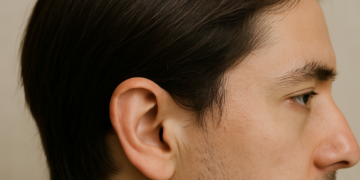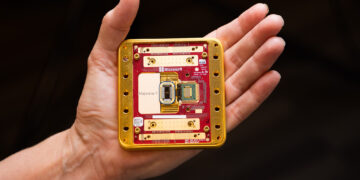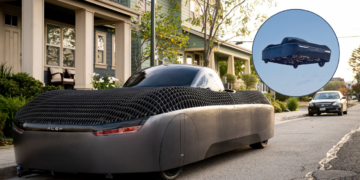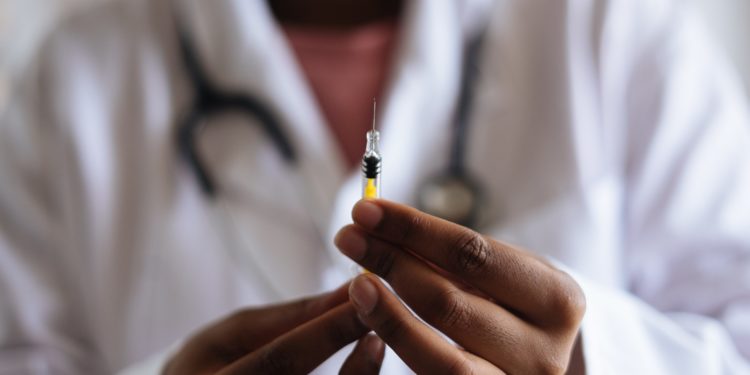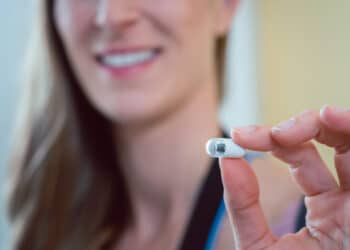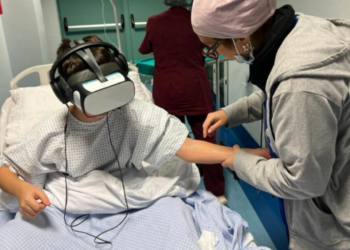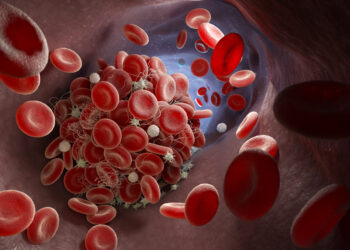A 100-year-old vaccine used to prevent tuberculosis has been delivered to health workers in Melbourne for testing against the coronavirus.
The Calmette-Guerin bacillus, or BCG, has been widely used for about 100 years and is a widespread immunotherapy used to treat early-stage bladder cancer. It also appears to strengthen the body’s first line of immune defense to better fight infections, including coronavirus.
While work is underway globally to identify drugs and vaccines that can provide specific immunization against Covid-19 and tests to detect the disease as early as possible, WHO is keen to learn about the effectiveness of the BCG vaccine on patients infected with the coronavirus and is encouraging several international groups to collaborate with a study conducted by Nigel Curtis, head of infectious disease research at the Murdoch Children’s Research Institute in Melbourne.
“The BCG vaccine can boost the immune system against a range of different infections, a variety of viruses and bacteria across the board,” said Curtis, who is also a professor of pediatric infectious diseases at the University of Melbourne and head of the infectious diseases unit at the city’s Royal Children’s Hospital.
Hospital staff will test the vaccine
The trial will start with hospital staff who have volunteered and will last six months. The operation will involve about 4000 volunteers in Australia and will involve vaccinating some of them against seasonal influenza and tuberculosis; some will only be given the flu vaccine.
It will not be possible, in this case, to proceed to the verification through the placebo vaccine method, because the injection of BCG causes a typical localized skin reaction that leaves a scar, making evident which group has received the vaccination against tuberculosis.
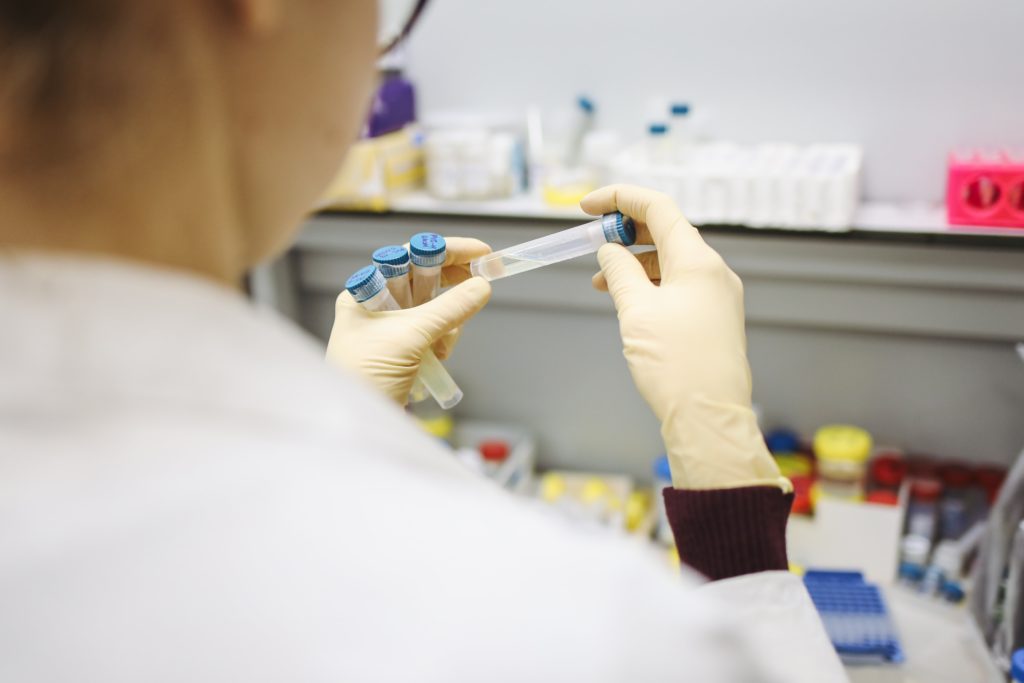
Vaccine production is relatively inexpensive, and is used to immunize about 130 million infants worldwide every year. Although it has the potential to offer protection to a wider group of people, priority is given to healthcare workers who are at higher risk of being infected with the coronavirus while caring for sick patients.
Protecting those who care for the sick
“We have to think of all possible ways to protect health workers,” said Curtis. “There will be a particular need to reduce the amount of time our health workers are absent.“
Studies of newborn babies in Africa have shown that the BCG vaccine offers protection against TB and other paediatric infections, boosting the immune system already present in our bodies, particularly the white blood cells that target non-specific pathogens before an antibody response takes effect.
Blood samples taken at the beginning and end of the trial will determine who is infected with the coronavirus, while participants will record symptoms during the trial period. The study data monitoring committee will review the results after three months to look for signs that the approach is working.
“We wouldn’t be doing this if we didn’t think it might work,” said Curtis, “We can’t guarantee that it will work, but the only way to find out is to try.


